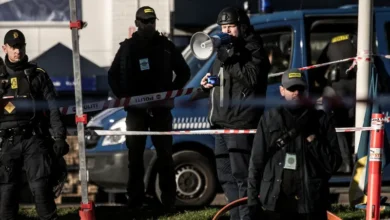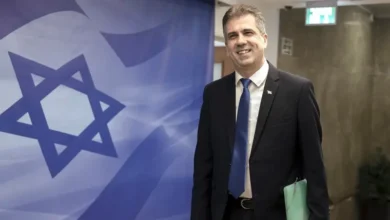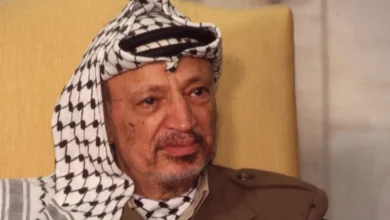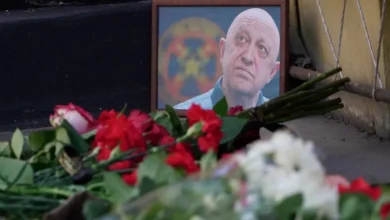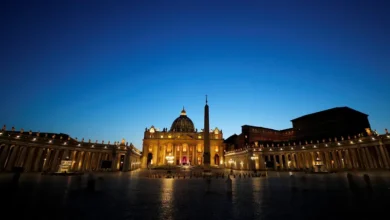‘People want change but fear the guns’: Fighting for democracy in Eswatini
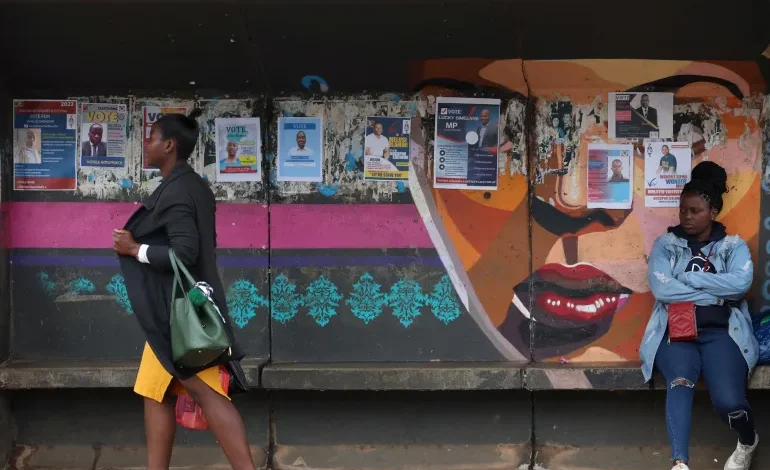
The first time Maxwell Dlamini was arrested, he was 21 years old.
It was April 2011, and the marketing student was at a demonstration in Mbabane, the capital of Eswatini, formerly known as Swaziland and considered by many as the last absolute monarchy in Africa.
Dlamini was out campaigning for democratic reforms, but the state saw it another way. They argued he was trying to overthrow the government, classified him as a dangerous political prisoner, and held him in a maximum security prison where he faced months of harassment, solitary confinement, and torture.
“I was kept in isolation for the longest time, not interacting with any other inmates,” Dlamini told Al Jazeera. “I was denied the right to write my exams, so I ended up not finishing and was expelled from university … at some stage, while I was in prison, I also had a stroke.”
Just shy of a year behind bars, an international human rights campaign helped secure bail and his release. But his freedom was short-lived. From 2012 to 2014, he was arrested twice more – once for criticising the king’s birthday party while Swazis live in poverty and once for attending a May Day workers’ rally.
For his actions, he was charged with sedition and “terrorism”, and more than a decade later, his court case is still pending. Meanwhile, the People’s United Democratic Movement (PUDEMO), which he is deputy secretary general of, remains a banned organisation in a country where political parties are illegal.
Meanwhile, Dlamini is receiving psychosocial support after his ordeal. “I still feel like I’m in a box, so I have to sleep with the lights on,” he said.
Monarchy
Eswatini, the small Southern African kingdom of 1.2 million people, has been governed by King Mswati III for 37 years after he took over from his father, who had ruled since the country gained independence from Britain in 1968.



